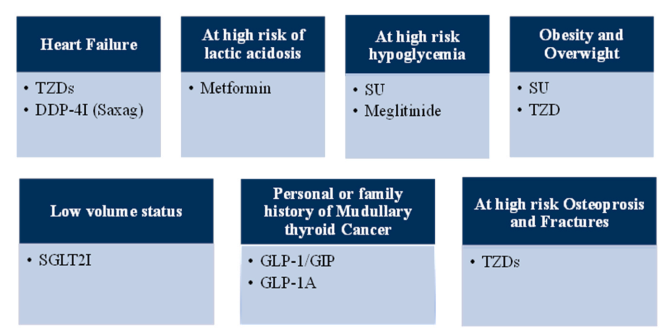
Introduction
Diabetes prevalence in the Arab region has surged, placing a heavy economic strain on healthcare systems. This increase is largely due to factors such as obesity, rapid urbanisation, and sedentary lifestyles. Effective diabetes management is crucial for maintaining optimal health and preventing complications. An expert consensus statement from Arab Diabetes Forum (ADF) has established key strategies, including preoperative risk assessment, obesity management, and fasting guidelines during Ramadan. By understanding these approaches, individuals can better manage their condition and improve their quality of life.
Integration of Global Standards and Regional Data
The ADF, comprising endocrinologists from various Arab countries, has developed tailored recommendations to improve diabetes management and treatment quality across the region. Their guideline integrates global standards from organisations like the American Diabetes Association (ADA), International Society for Pediatric and Adolescent Diabetes (ISPAD), American Association of Clinical Endocrinology (AACE), National Institute for Health and Care Excellence (NICE), and International Diabetes Federation (IDF), along with regional data. It emphasises evidence-based recommendations and was formulated through collaborative discussions with specialists, including pharmacists and dietitians.
Preoperative Risk Assessment
Before elective surgeries, a thorough preoperative risk assessment is essential for individuals with diabetes. This is particularly important for those at high risk of ischemic heart disease, autonomous neuropathy, or renal failure. The target HbA1c level should be below 8%, and blood glucose should range between 100–180 mg/dL within four hours of surgery. These measures help minimise surgical complications and promote faster recovery.
Obesity and Diabetes
Obesity significantly increases the risk of developing type 2 diabetes. In the Eastern Mediterranean Region, obesity prevalence is high, largely due to unhealthy diets. Managing obesity can delay the progression to type 2 diabetes and may even induce remission. A holistic approach, including physical activity, diet, behavioural therapy, and metabolic surgery, is recommended. This comprehensive strategy addresses the root causes of obesity and supports long-term health improvements.

Fasting During Ramadan
Many Muslims with diabetes choose to fast during Ramadan, despite religious permissions to abstain. Over the past 20 years, recommendations for fasting have evolved from expert opinions to evidence-based guidelines. It is crucial for individuals with diabetes to consult healthcare professionals before fasting. This ensures that their health is not compromised and that they can safely observe the fast.
Insulin Therapy for Children and Adolescents
Insulin therapy is vital for managing type 1 diabetes in children and adolescents. Rapid-acting insulins, such as Lispro, Aspart, and Glulisine, improve postprandial glucose control. These should be administered 10–15 minutes before meals to match food consumption and reduce hypoglycaemia risk. Basal insulin analogues provide consistent insulin release, preventing ketogenesis and hepatic glucose output. This tailored approach ensures effective diabetes management in young patients.
Conclusion
Effective diabetes management requires a multifaceted approach, including preoperative risk assessment, obesity management, and tailored insulin therapy. By following these strategies, individuals can better manage their condition and improve their overall health. For those observing Ramadan, consulting healthcare professionals is essential to ensure safe fasting practices. Therefore, the recommendations provided by the Arab Diabetes Forum are crucial for enhancing diabetes management in the region, as they integrate global best practices with local insights to improve treatment quality and patient outcomes.
